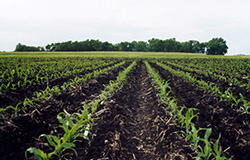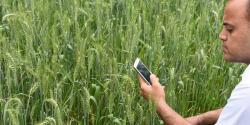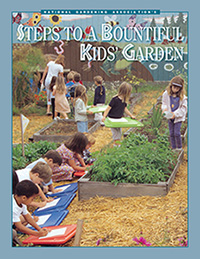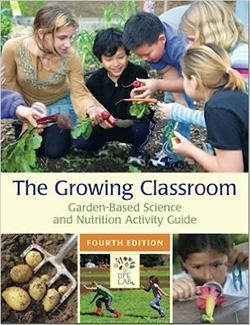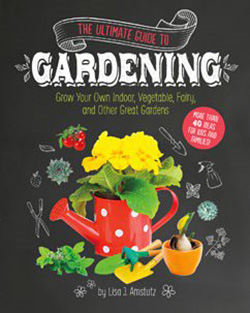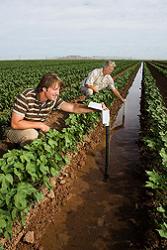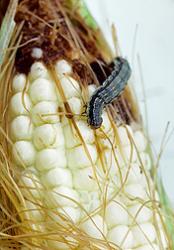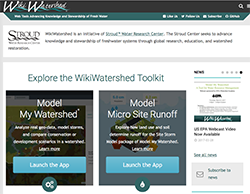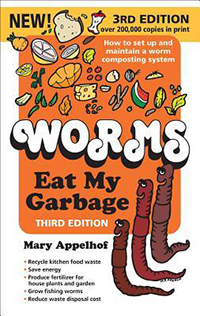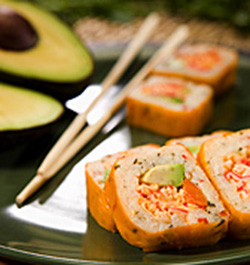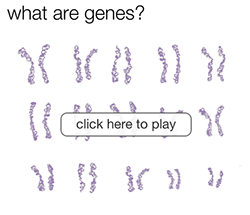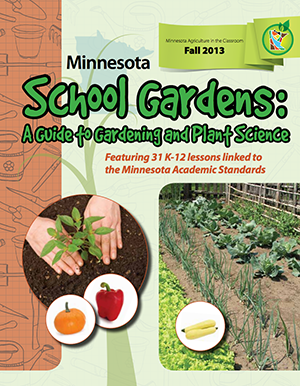
School Gardens: A Guide for Gardening and Plant Science
This free guide can serve as a tool for teachers who are implementing a school garden program. There are 31 activities that can support and supplement hands-on experience in the school garden. Each activity is aligned to education standards. The guide was compiled for Minnesota, but can be adapted to other areas.
